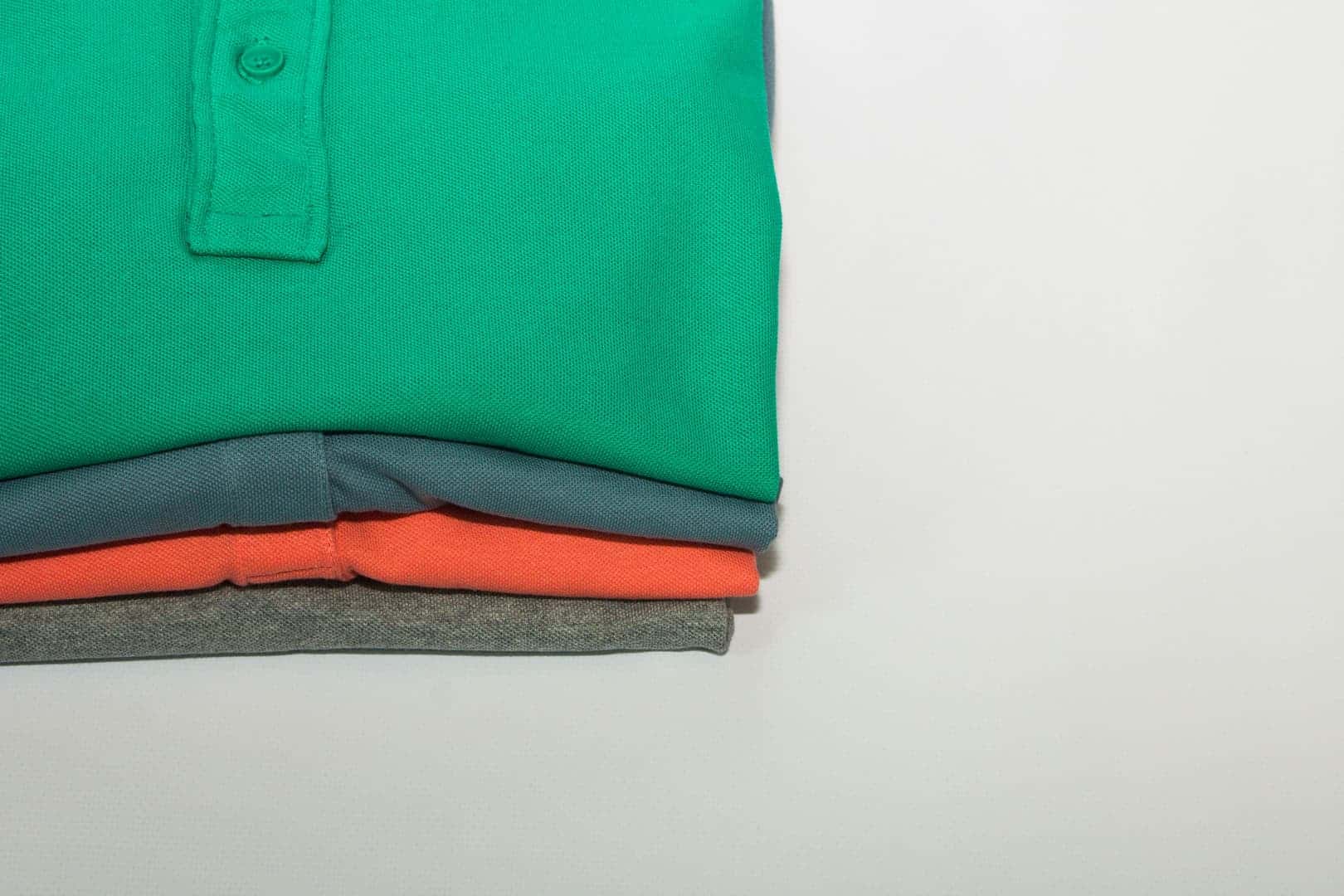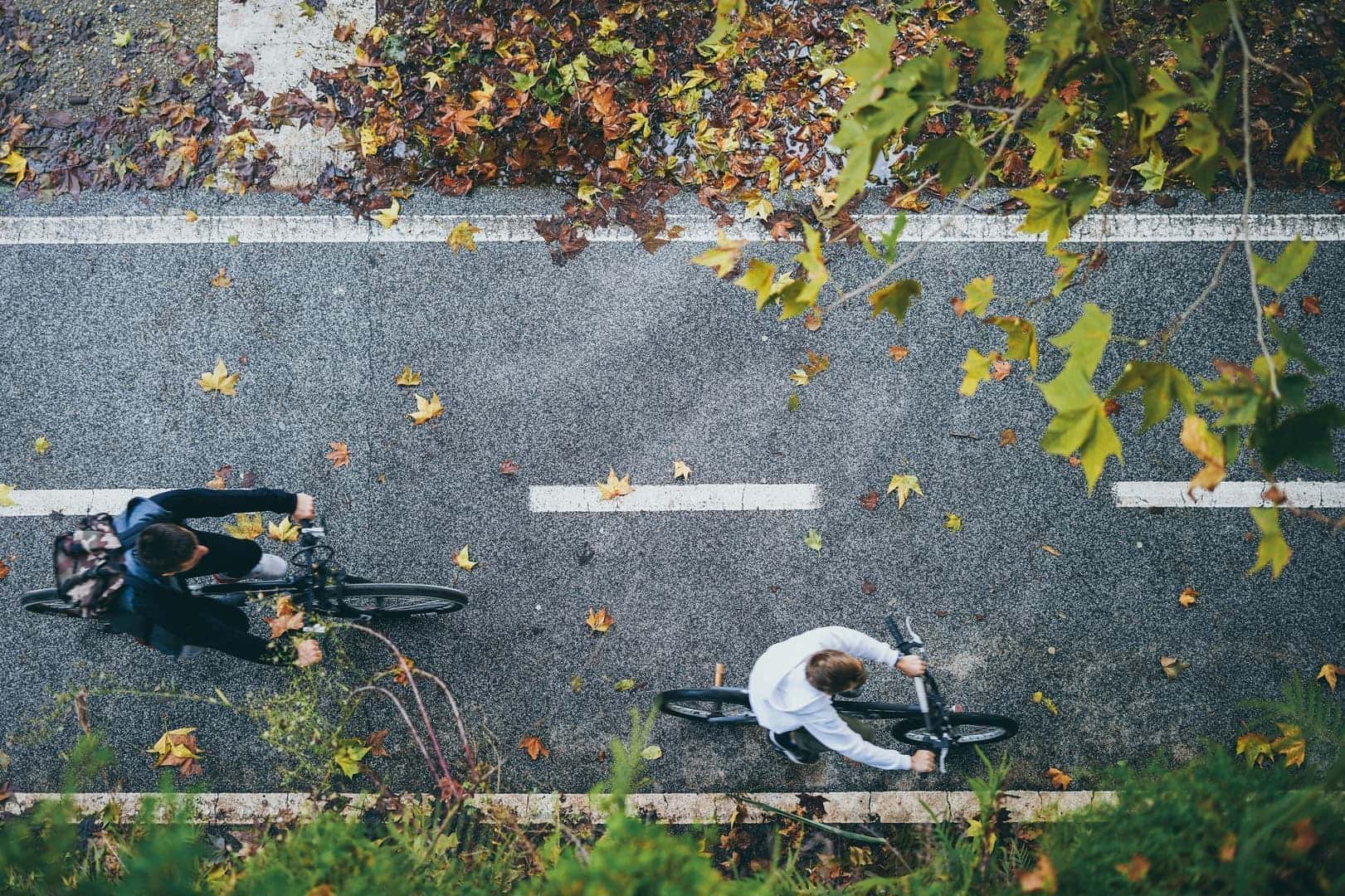
Decluttering before winter: making space in your home and your mind
As days grow shorter, our attention naturally turns indoors. That's when we notice what's piling up — forgotten items, unworn clothes, stacks of paper. Decluttering before winter clears both space and mind. The good news: it doesn't require big budgets or whole weekends.
Start small, but stay consistent
Consistency is key. Fifteen minutes a day works better than a six-hour marathon. Pick one drawer, one shelf, or one box at a time. Sort into three piles: keep, donate, recycle. Within a week you'll see the difference. Repairable items can go to a local repair café or reuse center (see our October 8 article on reusing before recycling). If you live in a flat, scheduling a short daily session before work helps prevent overwhelm.
Let light and energy circulate
Even a small change — moving a sofa, clearing a shelf — can transform how a room feels. Freeing up space near windows lets in more natural light and instantly makes rooms feel larger. Many readers have turned cluttered corners into reading or meditation spaces — a symbolic way to welcome winter calmly. Even in a small flat, breathing space makes a real difference to your mood.
Give everyday objects a second life
Before throwing anything away, think reuse. A stained T-shirt becomes a cleaning rag, a scratched table can be repainted, a glass jar turns into an herb pot. Platforms like Geev, Vinted, or local reuse centers make donating or reselling easy. Many European cities now have give boxes in neighborhoods — drop off or take items freely. Less waste, more sharing.
Prepare for your autumn deep clean
A lighter home is easier to clean. Decluttering is the first step before the autumn deep clean. Removing excess objects reduces dust, improves air quality (see our October 9 article on indoor air quality), and saves time. It's also the perfect way to spot small repairs before winter — window seals, plugs, or wobbly furniture (check our winter home preparation guide).
Frequently asked questions
How long does it take to declutter a whole home?
Using the 15-minute-a-day method, most households manage to declutter main rooms within three to four weeks. The goal isn't perfection, but smoother daily life.
What about sentimental items?
Don't force yourself to throw them away. Set them aside and wait a few days — attachment often fades with time. Taking a photo before parting with an item helps preserve the memory without keeping the clutter.
How can I motivate family members to join?
Turn it into a game — timer on, music playing, shared goal. Start with your own belongings to set an example. Positive energy spreads fast, especially when results show quickly.
Conclusion: Decluttering is more than tidying up — it's giving meaning back to the space you live in. A clear home supports a calm mind and naturally prepares you for winter. Across Europe, more households are choosing this voluntary simplicity — not out of pressure, but for comfort.
About the author:
Alexandre Dubois is a European sustainability enthusiast who shares practical, tested tips for everyday life. From saving on household energy to reducing waste, he focuses on simple changes that deliver real impact. He writes from personal experience, testing solutions in his own home before recommending them. Contact: info@greendailyfix.com
Related posts

Reconnecting with Nature in the City: 5 Simple Ways to Make It Happen
Living in a city doesn't mean living apart from nature. Amid noise, screens, and constant motion, we often forget that life still thrives all around us. In 2025, urban biophilia inspires new ways to slow down, breathe, and feel connected again.

Sustainable Fashion 2025: How to Dress Without Harming the Planet
Every year, the world produces over 100 billion garments — and more than half end up unused or discarded. In 2025, sustainable fashion is no longer a niche trend but an environmental and economic necessity. Here's how to dress consciously without giving up style.

Moving smarter: bike, carpool, train — greener travel habits for 2025
Mobility is changing fast. With fuel prices rising and awareness growing, Europeans are reinventing daily travel. Fewer cars, more sharing, more trains: here's how to move smarter, cheaper, and cleaner in 2025.

Water, the Blue Gold: 7 Simple Habits to Save Without Sacrificing Comfort
In Europe, each household still uses around 140 liters of water per person per day. Yet most of it can be saved without giving up comfort. Here are seven practical, easy-to-adopt habits to cut your bill and protect this vital resource.